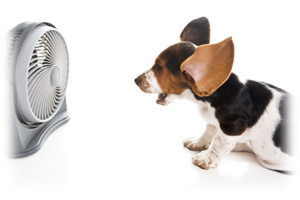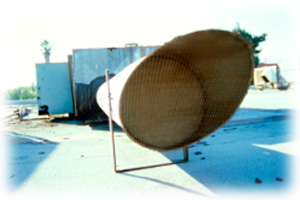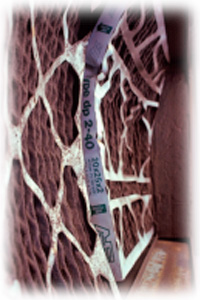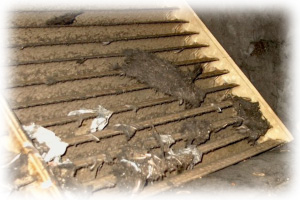
More Articles
Tired, sleepy, lethargic?
The number one reason Machado Environmental is called for HVAC cleaning is occupant complaints. And those complaints come in many different flavors: stuffiness, increased allergies, eyes hurt, getting groggy in the afternoon, illness while at the office and simply “don’t feel good.”
While there are direct negative effects from the contamination in a dirty ventilation system, there is another not so evident aspect of a dirty system that left unhandled has even more far-reaching negative effects.

What is, after all, ventilation? Ventilation is essentially the process of changing or replacing the air in an enclosed space. Ventilation is used to remove odors, introduce fresh air, keep interior building air circulating, and to prevent stagnation of the interior air.
Ventilating a building with adequate fresh air is one of the most important factors in maintaining acceptable indoor air quality.
All ventilation is essentially dilution, where the ventilation process acts to change polluted indoor air with outside or fresh air at a rate that will keep the impurities and substances at a safe and acceptable level.
It is the lack of adequate dilution that most often results in wide and varied occupant responses: “It is too stuffy”, “it’s too hot”, “it’s too cold”, “what’s that smell?” and “I get tired in the office”. From elevated CO2 counts to Volatile Organic Compounds (VOCs), the source is a lack of adequate fresh air to dilute the pollutants that will always be present in any indoor environment.

Often the reason is as simple as ensuring the outside air damper is open:
This closed damper is preventing any outside air from entering the building and in a busy office with all the occupants breathing out CO2, office equipment emitting VOCs, lunches being heated up and the like, the office is very likely to be rather stuffy and uncomfortable by the afternoon.
But a major culprit in the reduction of adequate dilution is a dirty system.
Often, by the time Machado is called to quote cleaning the HVAC system due to occupant complaints, the cooling or heating coils are already partially plugged from either dust that got past the filters or from fiberglass fibers that got blown off the liner.
Plugged coils often restrict the air flow 30 to 50%. That means 30 to 50% less air going into the building and 30% to 50% less lovely fresh outside air (if that's possible in L.A.!).

This means carbon dioxide levels can often increase as the day goes on, making occupants sleepy and lethargic. (Please note that some occupants are sleepy and lethargic regardless of carbon dioxide levels. In addition, large amounts of sugar will have the same effect!)
This increase in carbon dioxide levels can also reduce your immune system and increase sensitivity to particles, hence people getting ill and increased allergies.

VOC's from desks, chairs, and carpets “off-gas” continuously. High concentrations of these can impair the immune system. Normally, the air circulating in your building will keep the concentration of VOC's diluted. But with a reduced airflow, they can build up.
It is not simply the dirty coils that restrict the airflow. Filters that have been in place too long will virtually stop any airflow.
These filters are collapsing from the pressure. The result is contaminated (or plugged) cooling coils, reduced fresh air and a system that will accumulate dirt and debris in a geometric fashion.

Deteriorating fiberglass and other debris will build upon turning vanes and other components dramatically reducing any kind of adequate ventilation.
This solution to all of this is, of course, keep the air flowing and the outside air being brought into the building. But no amount of adjusting dampers or controls will overcome the effects of a dirty system.
Keep the HVAC system clean to ensure an adequate amount of fresh air and keep those occupants alert, not groggy.






